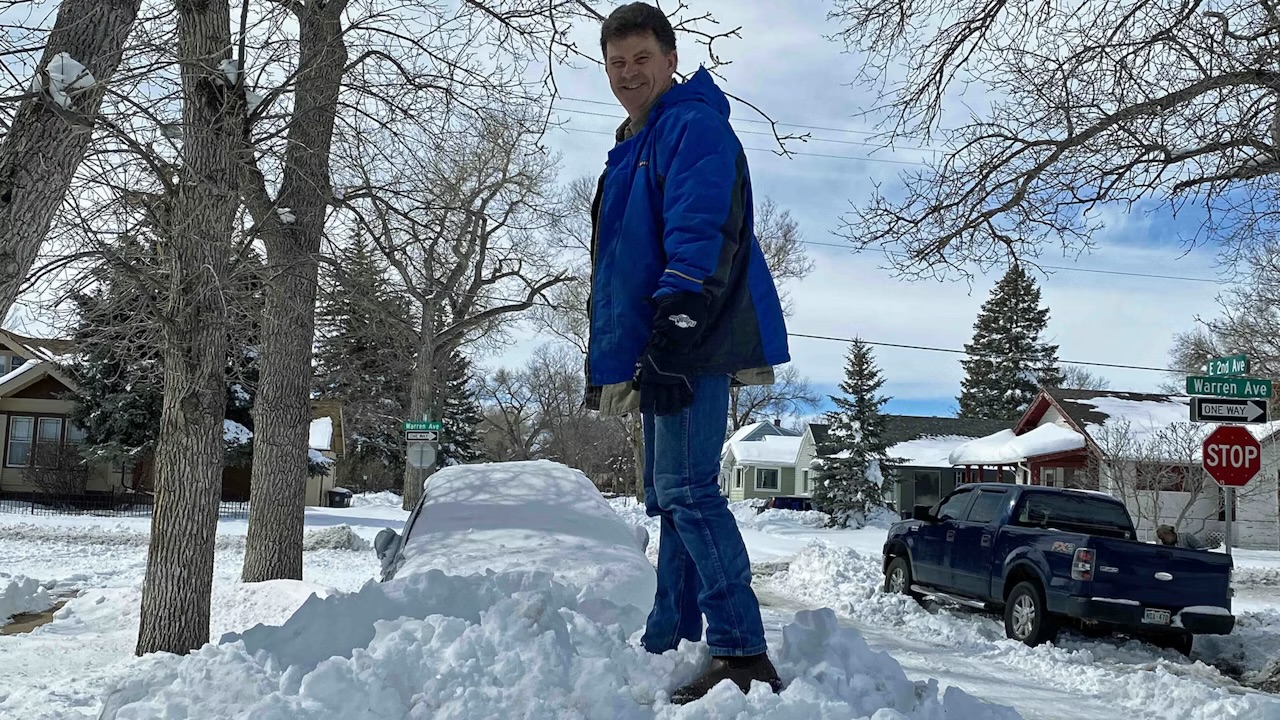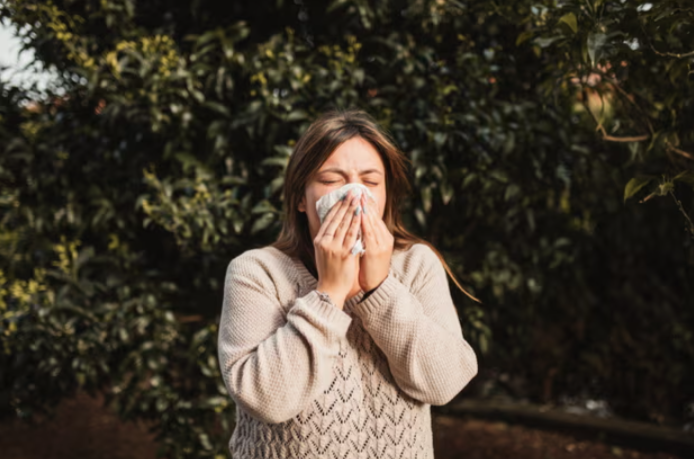As pollen counts rise and allergy season intensifies, many people are searching for effective ways to manage seasonal allergies, the Guardian reports.
These reactions—commonly triggered by airborne pollen from trees, grasses, and weeds—are becoming more widespread and severe due to longer allergy seasons driven by climate change.
A 2021 study found that pollen seasons in North America have grown by approximately 20 days since 1990, with warmer global temperatures and extreme weather playing a role. In some regions, these seasons can last year-round.
In both the US and the UK, roughly one in four adults and about one in five children in the US experience seasonal allergies, also known as allergic rhinitis or hay fever. Symptoms may include sneezing, itchy or watery eyes, nasal congestion, sore throat, coughing, and post-nasal drip. In some cases, allergies can lead to wheezing or difficulty breathing.
“It’s not uncommon for adults who’ve never experienced allergies before to develop them later in life,” said Melanie Carver, chief mission officer at the Asthma and Allergy Foundation of America.
Changes in environment, such as moving to a new region with different plant life, can also lead to new sensitivities.
A range of over-the-counter (OTC) medications can provide relief. These include antihistamine pills, nasal sprays, eye drops, and decongestants. However, experts recommend starting these treatments before allergy season begins to achieve the best results.
“Nasal sprays take time to work and need to be used consistently for up to two weeks before reaching full effectiveness,” said Dr. Arveen Bhasin, an allergist-immunologist at the Mayo Clinic in Jacksonville, Florida.
Antihistamines may become less effective over time for some users, and decongestants should be used with caution.
“Decongestants can cause rebound congestion if used for more than three days,” Carver noted, adding that people with certain health conditions—like high blood pressure or glaucoma—should consult a physician before using them.
Dr. Payel Gupta, a spokesperson for the American College of Allergy, Asthma and Immunology, advised caution with OTC decongestants.
“I really don’t understand why they’re available over the counter, but they are,” she said.
In addition to medication, environmental control can reduce exposure to pollen:
Keep windows closed and use air conditioning to filter indoor air.
Change air filters regularly.
Remove shoes, shower, and change clothes after spending time outdoors.
Wear a mask outside on high-pollen days.
Use air purifiers, making sure they are appropriately sized for the room.
Since pollen can cling to skin and clothing, these simple habits can significantly reduce irritation and inflammation.
If symptoms persist despite OTC treatments and preventive measures, it may be time to consult an allergist.
“There are so many ways we can help you feel more comfortable,” said Gupta.
Allergy specialists may recommend immunotherapy, such as allergy shots or sublingual treatments (drops placed under the tongue), for those with chronic or severe symptoms. These therapies can provide longer-term relief and reduce sensitivity over time.










The latest news in your social feeds
Subscribe to our social media platforms to stay tuned